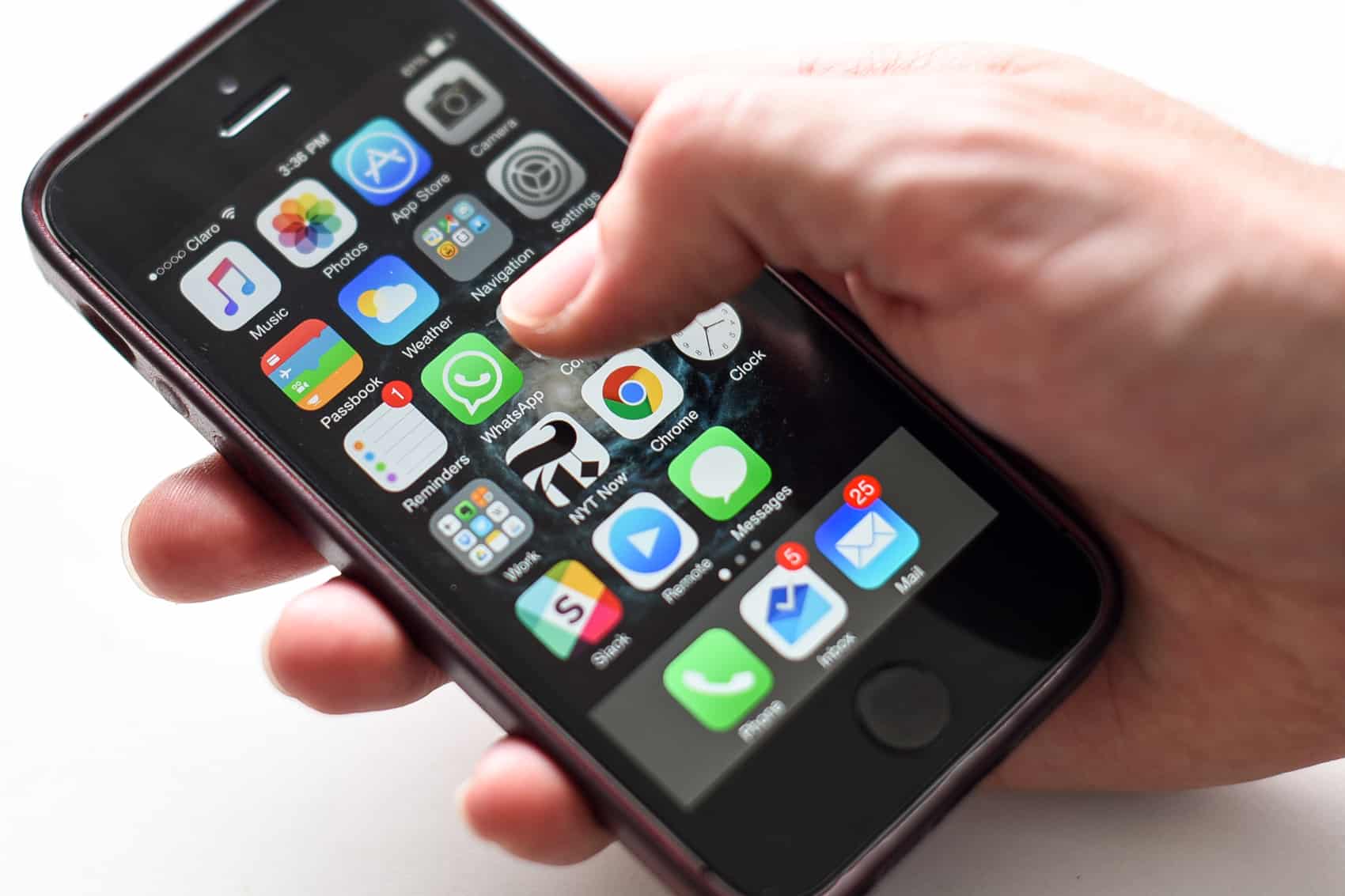The Kansas-based firm signed a deal with the Cuban state telecom company Etecsa, hoping to tap into the millions of visitors they hope will visit the island now that Washington and Havana have restored diplomatic relations.
Sprint customers will be able to generate and receive calls and text messages in Cuba from their own phones, the companies said in a joint statement after signing the deal in Havana.
“As the commercial relationship between the U.S. and Cuba continues to progress, it is expected that the number of travelers to Cuba will increase exponentially,” Sprint chief executive Marcelo Claure said in a statement.
“We want to make sure any Sprint customer traveling to Cuba can use their phone the same way as they do in the United States.”
The new service is subject to technical checks and financial issues being resolved.
Despite the restoration of diplomatic relations in July, a half-century-old U.S. trade embargo on Cuba has yet to be lifted.
That means the companies will have to work out a way to process payments for the new roaming service through third countries.
The embargo also limits travel to Cuba for U.S. nationals to certain categories of visitor — not including everyday tourists.
Sprint said however it expects the number of visitors to Cuba to surge to five million a year within 10 years.
“I have a lot of faith that our governments will reach an agreement that will allow the free movement of Americans to Cuba,” Claure said at the signing, during a visit by a business delegation to Cuba.
Another U.S. provider, Verizon, said in September it would offer a roaming service to its customers visiting Cuba, but indirectly through a foreign company contracted by Etecsa.
Sprint is controlled by the Japanese telecom group Softbank. With about 57 million customers, it is one of the four biggest mobile operators in the United States.






